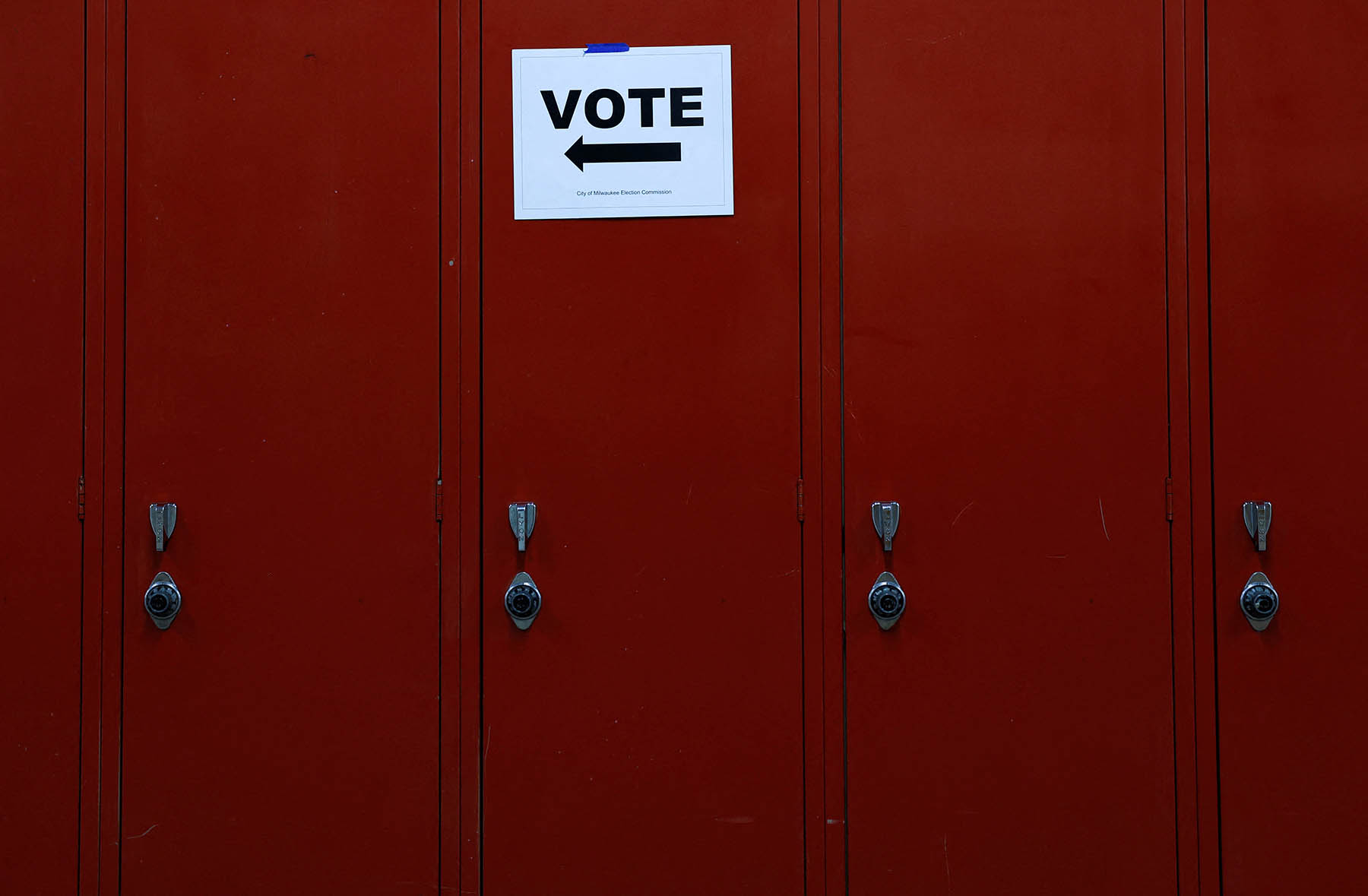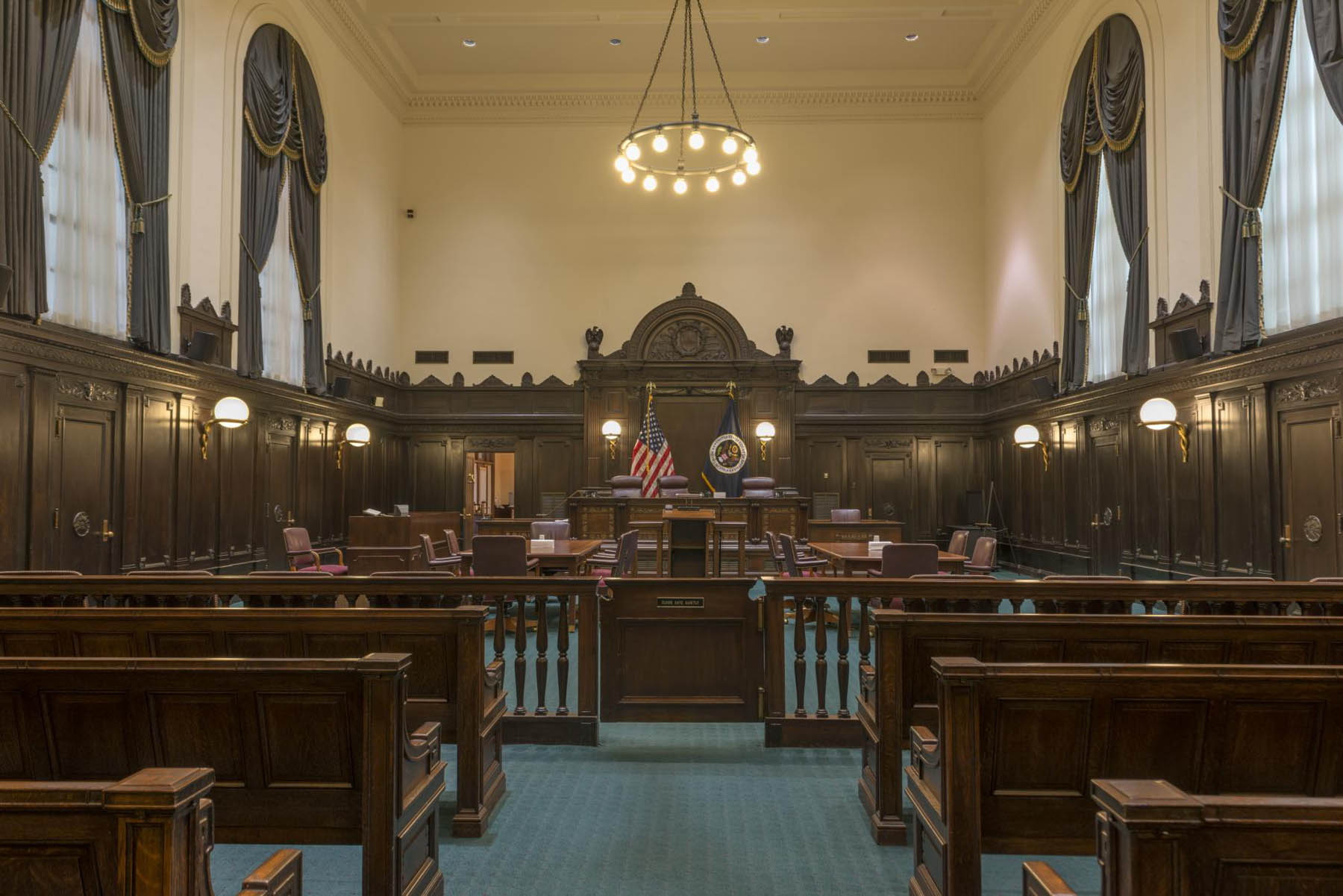Disney sued Florida Gov. Ron DeSantis April 26, claiming the governor and the legislature “orchestrated” a “targeted campaign of government retaliation” after the company issued a public statement opposing the Parental Rights in Education bill, widely dubbed the “Don’t Say Gay” bill.
On May 8, Disney added on to its end-of-April complaint to include what it called “the latest strikes” launched by DeSantis against the company.
The complaint includes legislation passed in early May that nullified an agreement between Disney and a previous oversight board — which has been replaced by DeSantis appointees — in which Disney maintained control over the design and construction at Disney World. The legislature also passed a new measure which gives the state authority to inspect the theme park’s monorail system.
“Disney regrets that it has come to this,” stated the complaint, filed in the U.S. District Court for the Northern District of Florida. “But having exhausted efforts to seek a resolution, the Company is left with no choice but to file this lawsuit to protect its cast members, guests, and local development partners from a relentless campaign to weaponize government power against Disney in retaliation for expressing a political viewpoint unpopular with certain State officials.”
The Parental Rights in Education bill, or House Bill 1557, was signed into law by DeSantis in March 2022 and bans instruction on sexual orientation and gender identity in kindergarten through third grade classrooms. Disney spoke out against the legislation after its employees criticized the company’s chief operating officer Bob Chapek for staying silent, and issued a statement saying the legislation “should never have passed and should never have been signed into law.”
“We are dedicated to standing up for the rights and safety of LGBTQ+ members of the Disney family, as well as the LGBTQ+ community in Florida and across the country,” the statement read.
Following the statement, the Florida legislature voted to revoke the Reedy Creek Improvement District, a special tax district status that since 1967 allowed Disney to self-govern its theme park complex.
“Governor DeSantis and his allies paid no mind to the governing structure that facilitated Reedy Creek’s successful development until one year ago, when the Governor decided to target Disney,” the complaint states. “There is no room for disagreement about what happened here: Disney expressed its opinion on state legislation and was then punished by the State for doing so.”
In the 2006 Supreme Court case Hartman v. Moore, William Moore sued six postal inspectors for retaliation after he was criminally charged following lobbying efforts, claiming the charges were in response to his protected freedom of expression. The court ruled that probable cause must be absent to prove a retaliatory prosecution claim, and if it is, that “the First Amendment prohibits government officials from subjecting an individual to retaliatory actions … for speaking out.”
Robert Corn-Revere, chief counsel at the Foundation for Individual Rights and Expression, said Disney’s case against DeSantis is “strong” because “you don’t have to guess at what motivated the action against Disney.”
“The political leaders both in the executive and legislative branches have not only stated their reasons, but have doubled down on them and that is in conflict with the basic First Amendment rule that the state cannot retaliate against someone or a corporation for the exercise of First Amendment rights,” he said.
Disney alleges in its First Amendment claims that DeSantis’s actions are retaliatory against the company’s protected political expression.
“Disney’s public statements on House Bill 1557 are fully protected by the First Amendment, which applies with particular force to political speech,” the suit states. “This unconstitutional chilling effect is particularly offensive due to the clear retaliatory and punitive intent that motivated the Governor’s and the Legislature’s actions.”
The company requests attorneys costs and fees, as well as declarative judgment from the court that the legislative actions against Disney be found “unlawful” and “unenforceable” because they were implemented “in retaliation for Disney’s political speech in violation of the First Amendment.”
Chief Judge Mark E. Walker of the U.S. District Court for the Northern District of Florida will preside over the case, and has struck down multiple Florida bills citing First Amendment infringements which were championed by DeSantis.
— In September 2021, Judge Walker struck down an “anti-riot” bill signed by DeSantis, stating that the law was “vague and overbroad” and violated demonstrators’ First Amendment rights to freedom of speech and the right to peaceably assemble.
— In March 2021, Judge Walker ruled that the language of Senate Bill 90 — a law which updated the Florida Election Code and banned any activity that may influence voters — was overbroad in violation of the First Amendment.
— In August 2022, Judge Walker issued a preliminary injunction blocking the employment provision of the “Stop WOKE” Act, which barred private companies that have operations in Florida from holding mandatory diversity, equity and inclusion training. Judge Walker ruled that the provision was “a naked viewpoint-based regulation on speech” in violation of the First Amendment, and described it as something out of Netflix’s popular sci-fi show, “Stranger Things.” He wrote that “Florida has seemed like a First Amendment upside down.”
— In November 2022, Judge Walker issued a preliminary injunction blocking the academic provision of the “Stop WOKE” Act, citing First Amendment violations of viewpoint discrimination after Florida claimed that public university professors were bound by state-sanctioned speech. He described the provision as “positively dystopian.”
May 8, 2023 — Disney v. DeSantis (Amended Complaint)
Tags




